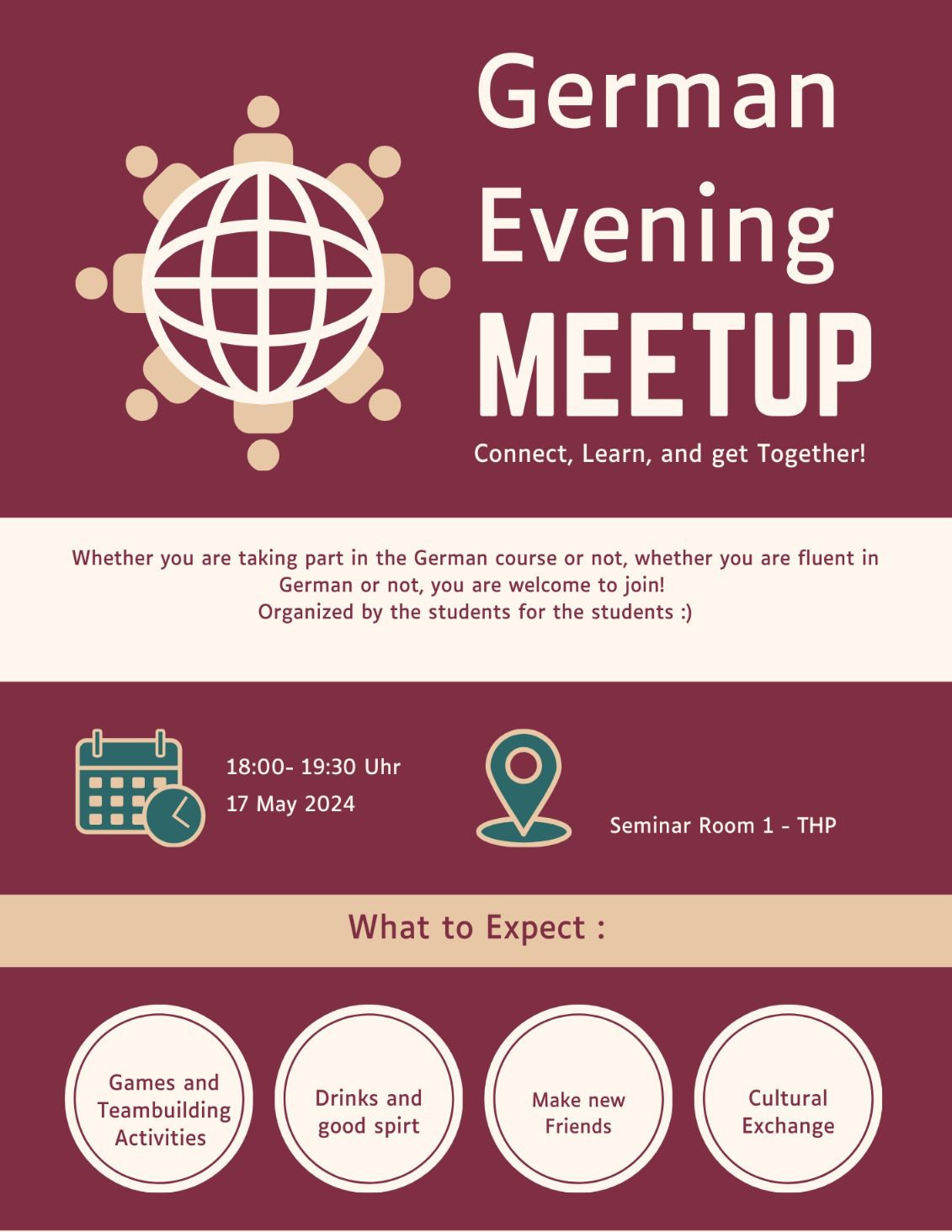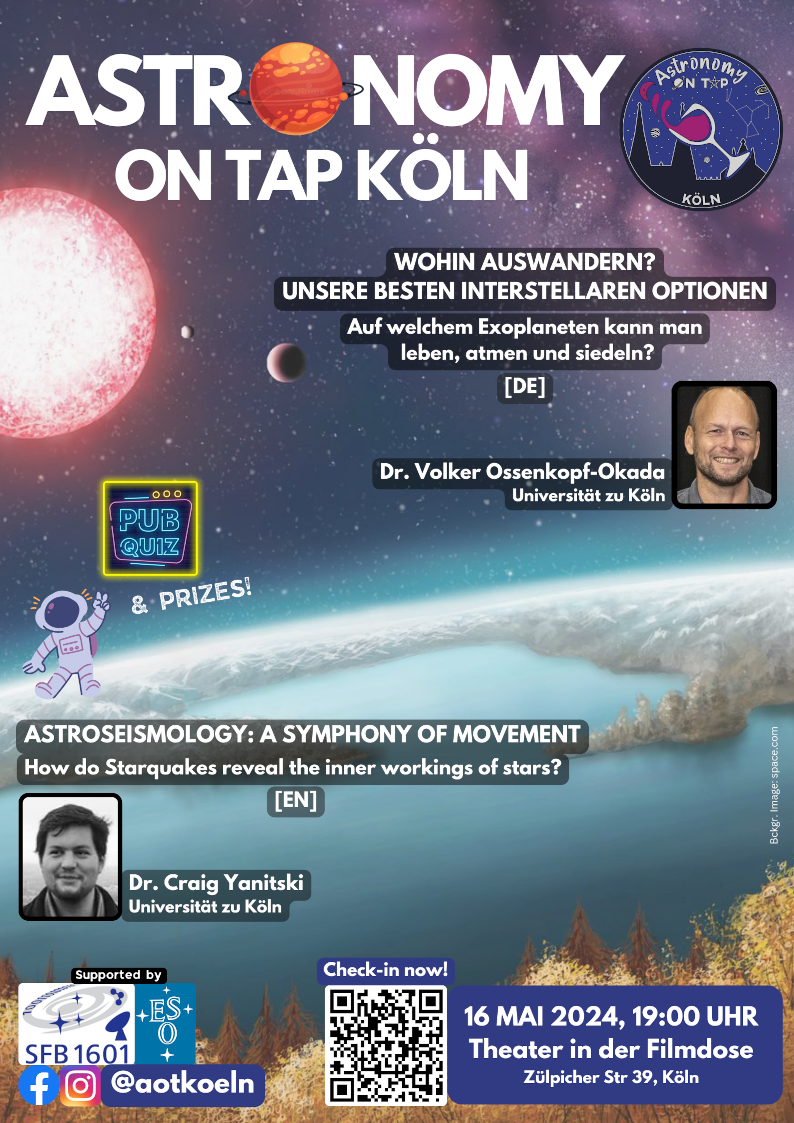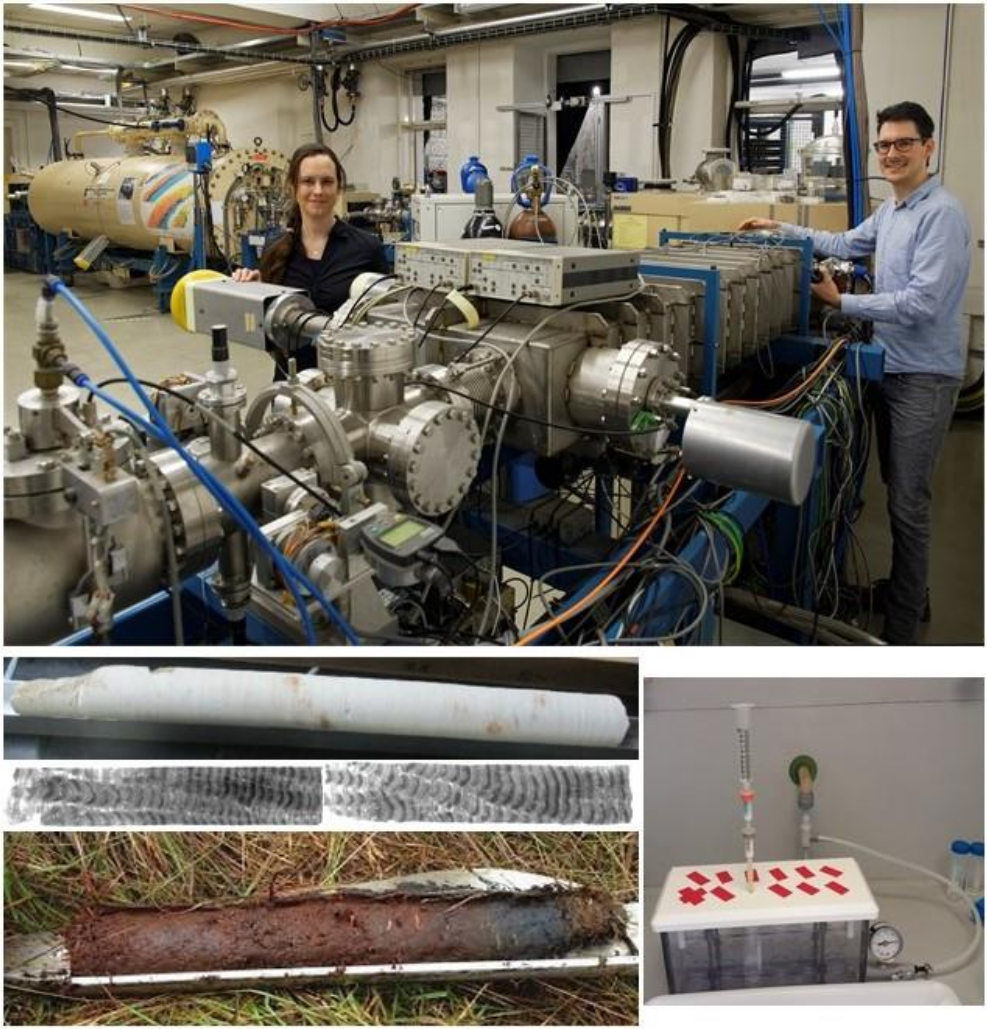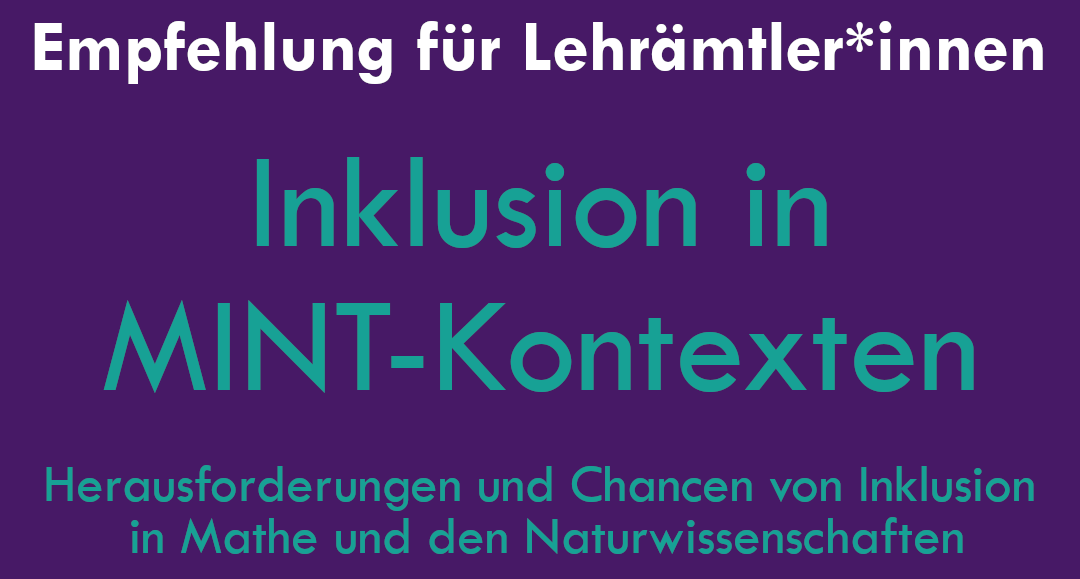German Evening MEETUP

Hi everyone! You are all invited to join our German evening meet-up next week on Friday.
- expect silly and fun games as we increase our knowledge of the German language
- Other games in English language as well
- Discuss cultural shocks and experiences in a new country
- Drinks and a good spirit
 Antifaschistische Lesungen zum 91. Jahrestag der Bücherverbrennung
Antifaschistische Lesungen zum 91. Jahrestag der Bücherverbrennung
 Wednesday, May 15th, 2pm
Wednesday, May 15th, 2pm

